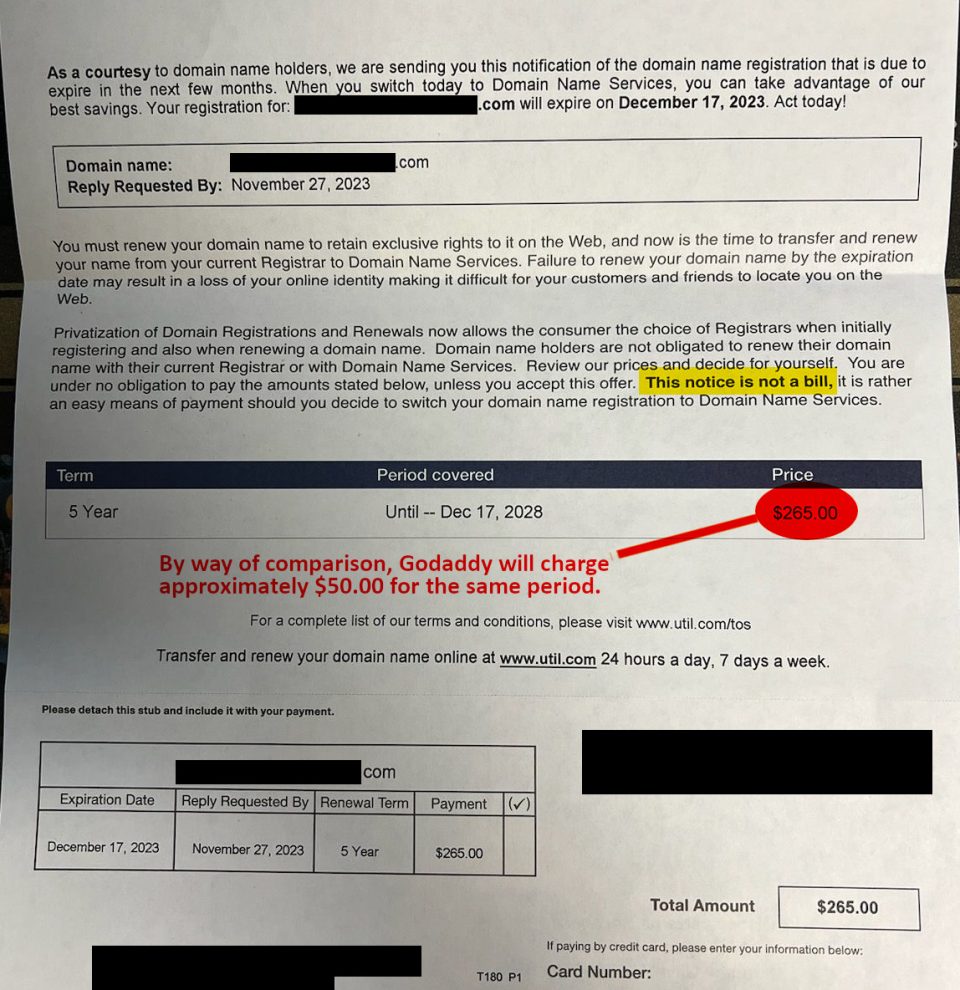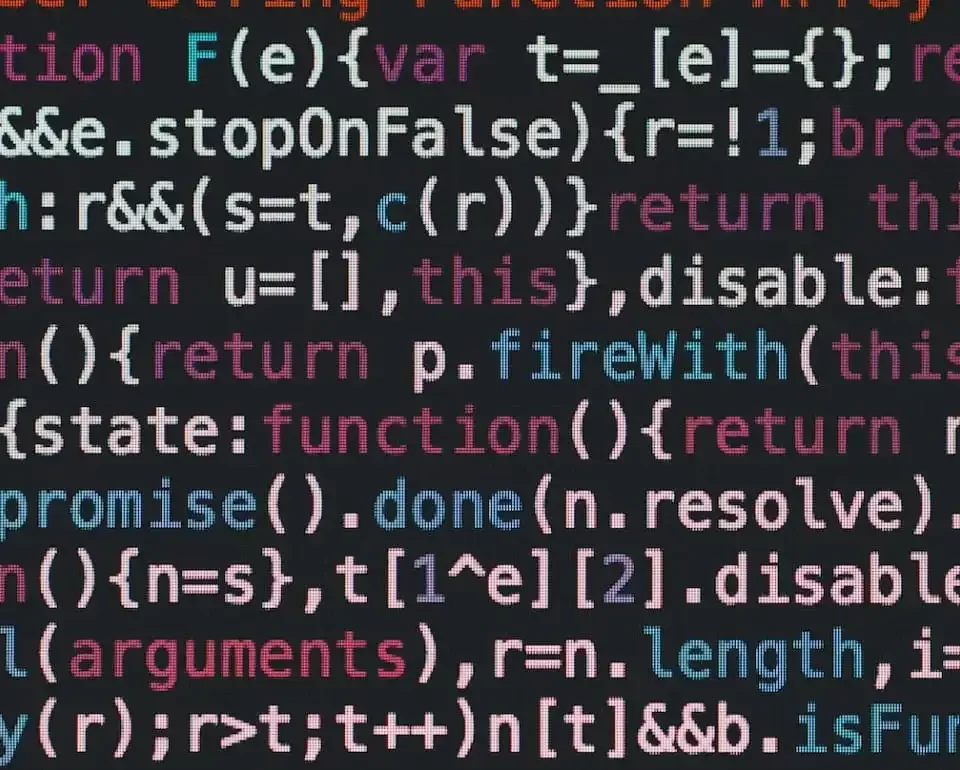MAKE SURE YOUR VIRUS DEFINITIONS ARE CURRENT
A virus that encrypts documents and demands a ransom to get them back is circulating on the Internet, but at least one security company has released the password needed to recover the files.
The Trojan horse virus encrypts the contents of a user’s Word documents, databases or spreadsheets, and then leaves a file demanding $300 in exchange for the password to access the information, said Graham Cluley, senior technology consultant with security company Sophos. A text file directs victims to transfer money to one of 99 accounts run by e-gold, a company that runs a money transfer site.
Similar “ransomware” schemes have been traced back… to Russia, and occurrences of this type of attack appear to be growing, Cluley said. This latest one is notable because it is the first attempt in English, Cluley said.
It’s unclear how the virus is spreading. It doesn’t appear to have been widely sent via spam e-mails, Cluley said, so it may be embedded in a Web page and spread through a so-called drive-by install, a method that doesn’t require users to actively click on and download an attachment.
After encrypting the data, the Trojan deletes itself. However, the password to unlock the data is actually contained in the Trojan and is used in the process of encrypting the files. Technicians at Sophos extracted the password, which is made to look like a file path name – C:Program FilesMicrosoft Visual StudioVC98.
The authors may have used the file path name in order to disguise it so that it doesn’t look like the password, Cluley said.
Sophos has heard indirectly of some infections, but the virus does not appear to be widespread, Cluley said.
Separately, Sophos has detected another virus that uses a current news event – the death of suspected war criminal Slobodan Milosevic – to dupe users into opening a malicious attachment. The spam message claims to have a photo containing secret evidence about the death of the former Yugoslav President, who was on trial at The Hague. His sudden death on Saturday prompted an investigation after he had complained of inadequate medical treatment.
The viral message claims to have been scanned by “Kaspercky Antivirus,” a misspelling of security vendor Kaspersky Lab. E-mail messages often contain a notice asserting the message has been scanned for malware.
The use of current news events to prompt curiosity is a well-used ploy by virus writers. The virus contained in the Milosevic attachment tries to download other malicious programs and could give an attacker control over the computer, Cluley said.




